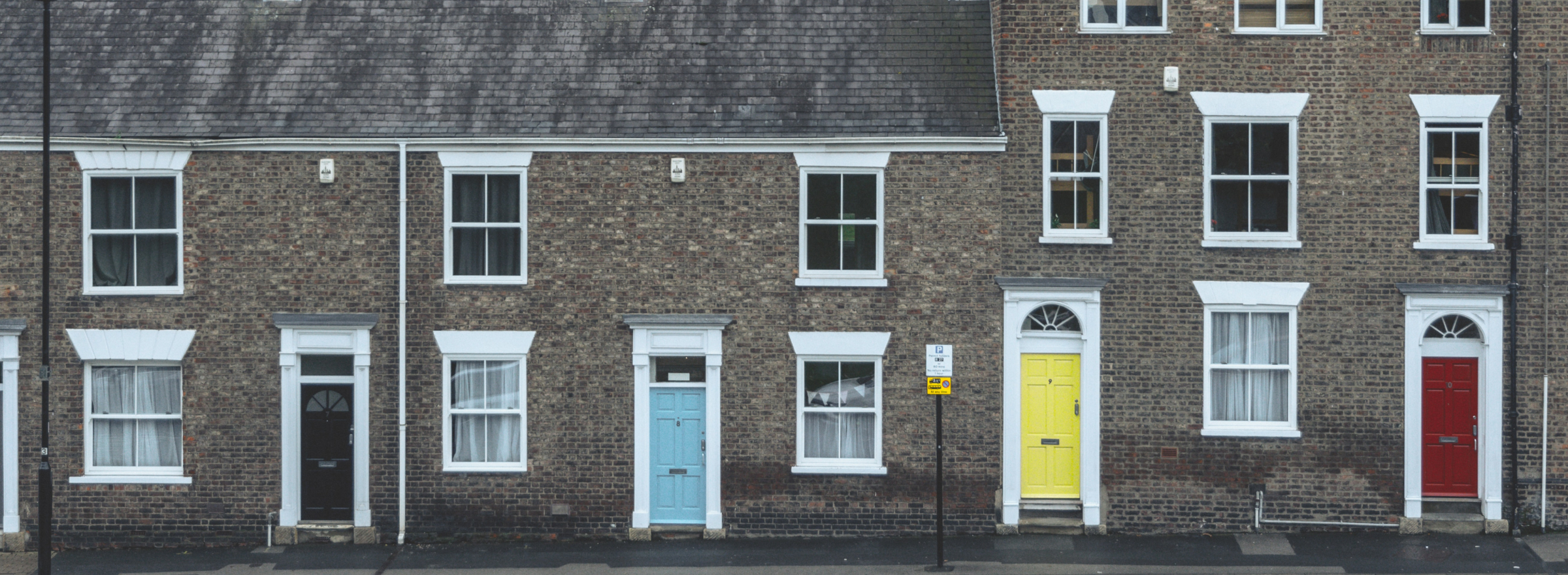Whether you’re new to investing or have already got assets under your belt, it’s crucial that you’re clued up on Capital Gains Tax – and how your area of investment is affected. Property is a common area where you may come across Capital Gains Tax and where you may need the expertise of an experienced property accountant.
What is the definition of Capital Gains Tax?
Put simply, Capital Gains Tax (CGT) is the tax you pay on the profit you’ve made from the sale of an asset.
An asset is something you own which has value – meaning you have the option to convert it into cash should you wish to. Examples of assets include shares, antiques, property, land, even fine wine.
Learn more about our services
If you are having issues calculating Capital Gains Tax, invest in property or just want to learn more about our services, get a quote below or contact us!
How does Capital Gains Tax affect property investments?
If you’ve only ever bought and sold properties for the purpose of making them your sole residence, you won’t have needed to pay Capital Gains Tax on any profit you made from selling up.
However, the same rules don’t apply when selling a property you don’t live in. Any property you own but don’t use as your primary home is classed as an asset – and is subject to Capital Gains Tax.
Property types which are subject to CGT include:
- Buy-to-let houses
- Second homes – e.g. holiday cottages and city flats
- Business premises
- UK land
- Property you inherit
It’s not just about selling your property or land. You also must pay Capital Gains Tax if you ‘dispose’ of it another way – including gifting or transferring it to another person (not counting a spouse or civil partner), swapping it or receiving compensation such as an insurance pay-out (for example, if a property is lost in a fire).
What rate is Capital Gains Tax on property?
To work out whether you need to pay Capital Gains Tax on a property investment, you should calculate your ‘gain’. Your gain is the amount of profit you made on the asset minus costs associated with the sale, such as stamp duty and solicitor fees.
Capital Gains Tax is higher on residential property (including buy-to-lets and second homes) than on other assets and calculating your liability can be a little tricky. A property accountant can calculate it on your behalf – but here’s the basic lowdown.
Currently, everyone in the UK gets a £12,300 CGT-free allowance each year, so you only pay tax on gains made above this threshold. If your total gains from a property sale are less than this amount, you don’t need to pay tax on the sale.

If you’re a basic rate taxpayer…
If you’re a basic rate (20%) taxpayer, you’ll pay 18% Capital Gains Tax on profit made from residential property sales. Remember, your other income streams are counted when calculating CGT, including salaries and pensions. This may bump you up to the higher bracket and mean you must pay the higher amount (28%) on any gains above the basic income tax rate.
So, to qualify for 18% CGT, the sum of your taxable income and taxable gains (minus the £12,300 allowance) should fall within the £12,571 to £50,270 range, with anything above being taxed at 28%.
If you’re a higher rate taxpayer…
If you’re a higher rate taxpayer (paying 40% income tax), tax on gains from residential property is 28%.
If you own a property asset jointly with a spouse or civil partner, it’s possible to combine each of your £12,300 CGT-free allowances to create a CGT-free allowance of £24,600 on gains made from jointly owned assets.
To sum up
The world of CGT can be hard to navigate, as each case is unique and there are a great many technicalities which can affect your liability. It’s worth seeking advice from a specialist property accountant to determine your personal liability and ensure you’re not under or over-paying tax on your investments. If you have any questions or need any advice, give us a call or leave a message.
More Blogs
How Much Does a Director Loan Cost?
Director loans are a popular yet often misunderstood financing method used by small business owners. If you’re a company director who has taken, or is considering taking, money out of your company (that isn’t structured and subject to tax as: a salary, dividend, or expense reimbursement), then you are effectively using a Director Loan. It is therefore important to understand these rules and the costs involved.
Do I Need to Use a Separate Bank Account for My Sole Trader Business?
One of the most common questions we receive when clients are setting up as a self-employed sole trader for the first time, or indeed for existing businesses who transfer into us is: “Do I need to use a separate bank account for my Sole Trader business?” The article explains the benefits of using a separate bank account for business transactions as a self-employed sole trader.
Is It Better To Be Self-Employed Or Use a Limited Company?
The article helps business owners decide how best to structure their business, by considering the differences between operating as a self-employed sole trader or partnership, or by using a limited company.
